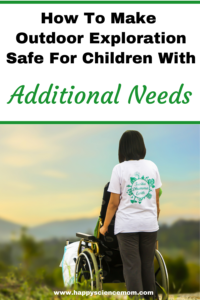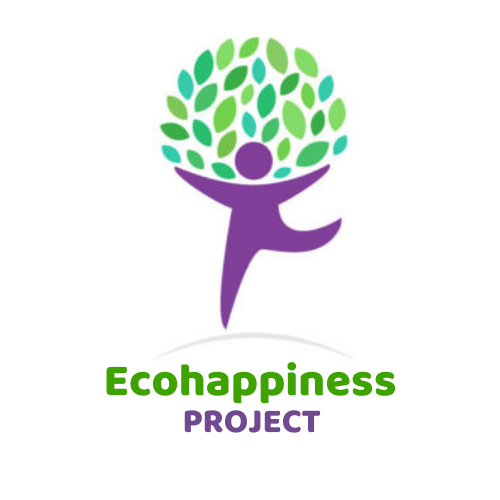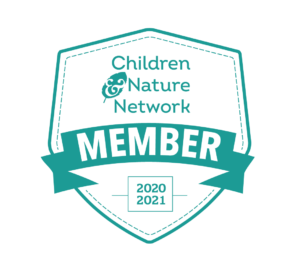 The great outdoors is the perfect place for children to learn and prosper. Spending time outdoors in nature can boost health and well-being as well as benefiting fundamental cognitive ability, according to a 2019 study published by Nature Research Scientific Journals. For children living with additional needs, safe access to this stimulation can be a crucial boost to their development. It can not only enhance their education, but also their ability to manage stress and anxiety.
The great outdoors is the perfect place for children to learn and prosper. Spending time outdoors in nature can boost health and well-being as well as benefiting fundamental cognitive ability, according to a 2019 study published by Nature Research Scientific Journals. For children living with additional needs, safe access to this stimulation can be a crucial boost to their development. It can not only enhance their education, but also their ability to manage stress and anxiety.
The Therapeutic Impact
Outdoor play and learning can be beneficial for children in a therapeutic sense. A good example of the therapeutic impact of outdoor exploration concerns individuals with ataxic cerebral palsy, also known as ataxic CP. As a form of physical and cognitive therapy, simply being outdoors and undertaking exercise and play can be beneficial to managing symptoms of this condition. Indeed, a systematic review of exercise interventions for ataxic conditions, conducted in 2019 by Alder Hey University Hospital, found that there are promising links between outdoor exercise and the long-term symptoms of a condition like ataxic CP.
Making Environments Safe
It is important to help children with additional needs get outside and explore nature safely. First, be sure to address mobility needs. Natural areas can be somewhat treacherous with rocks, hills, and mud. Ensure that the area you are visiting has full mobility access, such as terrain that anyone can pass through easily, and that it has full wheelchair access.
There is also the matter of cognitive and mental safety. Many children with additional needs prefer quiet, safe spaces where they can learn and play. As a result, make sure there is a dedicated area where the children can safely learn and explore without having the stress or anxiety from distractions.
Science and the Outdoors
Learning about nature and science is one of the best ways to provide a great education for kids with additional needs. Many of the best scientific tasks and challenges for kids are slow and methodical, requiring a level of patience and understanding. For children with additional needs who may need support when moving around while playing and learning, these slower, more methodical tasks are ideal for developing good habits and making the most of nature.
These lessons can be crucially important in helping children living with additional needs to develop to their fullest potential. One study found that the hands-on learning that scientific pursuits bring can help stimulate children with special needs. Put simply, being outdoors and creatively engaging with nature can boost academic success.
Getting creative
The great outdoors can also be used as a platform for sharing new teaching methods. The Guardian reported in 2016 that schools used a ‘reading garden’ to help nurture children with additional needs. By hanging books about science and nature from trees, the children were more engaged and excited about the material. You can also look to nature to provide inspiration for activities. Simple games like nature scavenger hunts and nature walks can be really helpful in building the children’s confidence and cognitive ability.
In essence, nature can provide so many positives to children with additional needs. Be sure to consider their preferences and needs while encouraging outdoor activity and exploration. Their time outside in nature can have a complementary impact on the therapy and treatment that children with additional needs often receive.





Leave a Reply